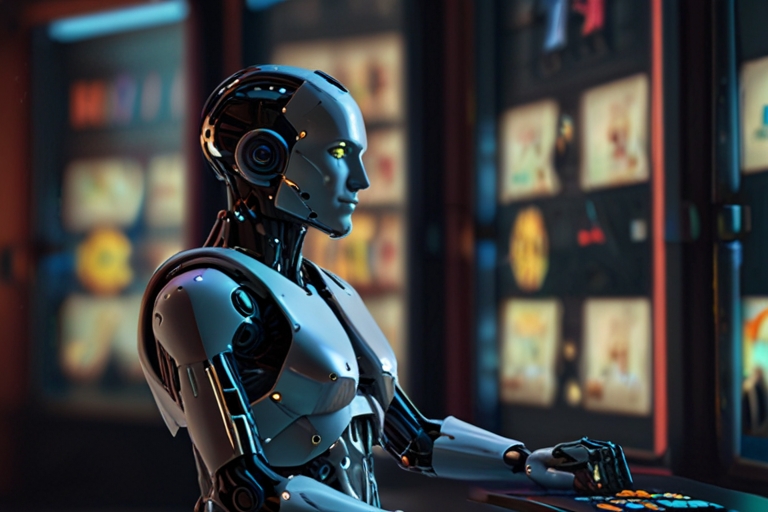Another game-changer in the gaming space is the integration of AI into games in order to create better games with more dynamic game playing capabilities. AI leadership in games is about a balance between increasing the level of player’s enjoyment and ensuring the lack of unfair advantage/disadvantage for a player. This section presents a short overview of the way AI will be controlled in the future of gaming.
Another unique feature is the use of AI behavior and intelligence. The aim of video game creators is to commit the perfect amount of challenge in artificial intellects which would neither be dull nor frustrating. This includes training of AI to participant to various types of player strategies and also learn from opponents battle outcomes and make decisions that are human-like. The idea here is to make the AI effectively balance between the reality and entertainment factor in order to keep the players interested.
One of the other aspects is the consideration of the specific AI assistance for players. AI can play such roles as friendly assisting characters that support players in games. AI companions also need to be maintained in a way that they are supportive of the player and do not overpower her in such a way that the game becomes too simple. The adaptive AI uses algorithms that can scale their help depending on the player’s skill and sometimes even on their own preferences.
It is also possible to manage ethical proficiency of AI in games. AI developers should think about how the AI will affect the player and the game. This includes addressing issues like the discrimination of people, bias, and the representation of AI in games. Finally, there have to be safety precautions in place to avoid the outright abuse of the AI system or the fact that the game in general has some side effects that are both negative and unintentional.


